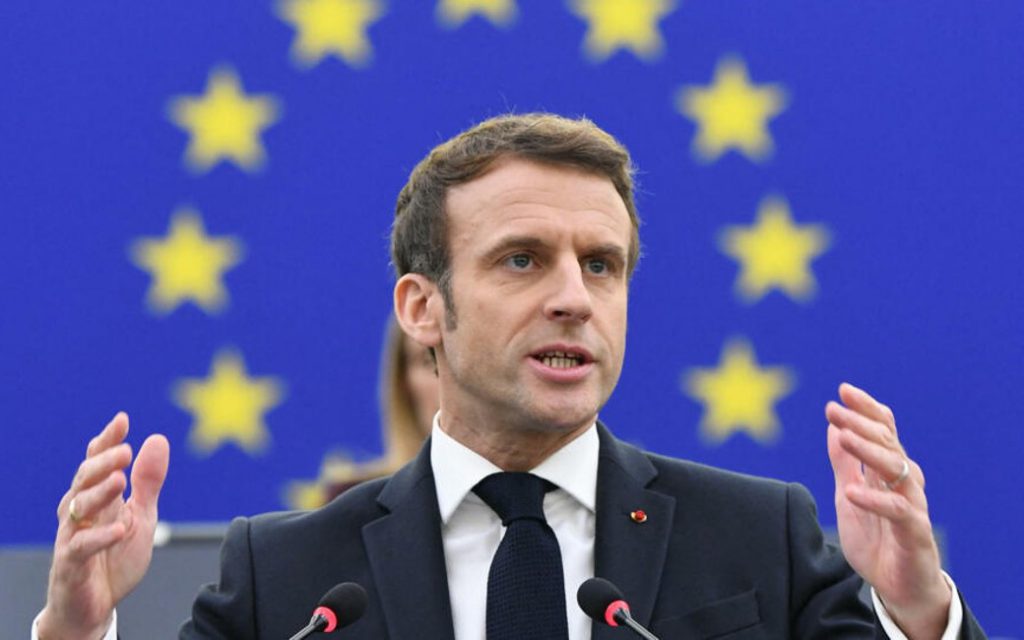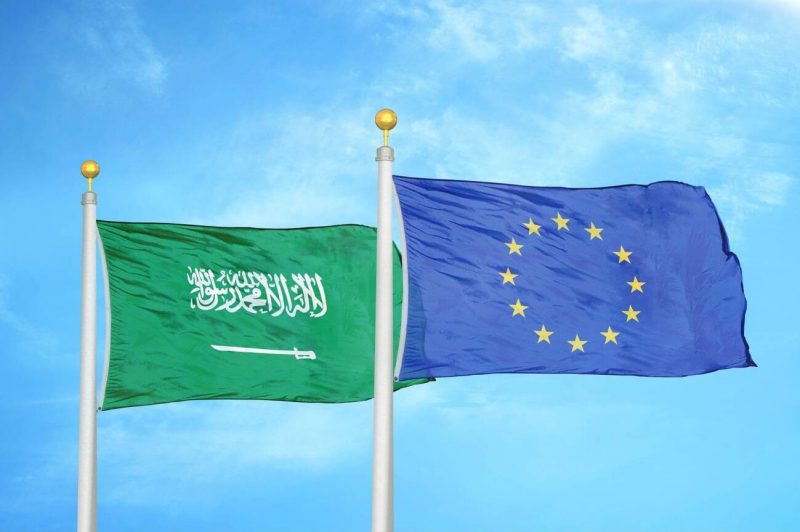Amid the expansion enacted at the August summit, the BRICS alliance is set to boost its European trade. Indeed, the continent is set to greatly benefit from the growth of the bloc. Subsequently, showing the growing prominence of the collective globally.
In a new piece from Euronews, Europe could stand to be positively affected by the newly formed BRICS alliance. Especially since impressive economies like Saudi Arabia and the United Arab Emirates (UAE) have joined. Conversely, the countries should officially join in 2024, with their invitations being sent last month.


Also Read: Saudi Arabia Called the Next Europe by MBS
BRICS Expansion Set to Impact European Cooperation
The BRICS alliance shocked the geopolitical sector with last month’s expansion. Specifically, the collective saw Saudi Arabia, the UAE, Iran, Egypt, Ethiopia, and Argentina join its ranks. Ultimately, growing its status and creating a clear benefit for other nations.
Now, the aforementioned BRICS expansion is set to greatly impact the bloc’s European trade. Specifically, the new members could provide unique opportunities. Countries like Germany are set to find many beneficial collaborations in specific sectors, like sustainable energy.


Also Read: BRICS Nations Set to Attend G20 Summit in India
France had already made known its desire to increase the BRICS partnership. Specifically, President Macron sought an invitation to the 2023 Summit before being denied entry. Yet, it points to a growing perspective on what could be accomplished through cooperation with the bloc.
Euronews noted the newly grown bloc as “a crucial crossroads for nations to collaborate and build alliances with the bloc. Additionally, stating “both opportunities and challenges with those increased relations. Eventually, it is noted that “Europe must navigate this delicate path through renewed diplomatic engagement in order to create a mutually beneficial relationship.”
Although the benefits are clear, there is a careful approach due to geopolitical implications. Indeed, the bloc has embraced an anti-Western approach and sought to move away from the US Dollar. Therefore, an endorsement of its growth could have ramifications that require maneuverability.





